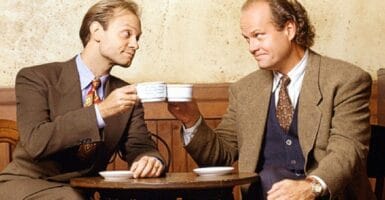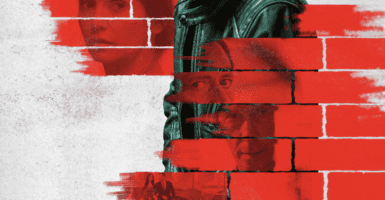Netflix Resists Pressure To Add A Disclaimer To A Popular Show
Netflix is refusing to put a disclaimer on one of their most popular shows.
This article is more than 2 years old
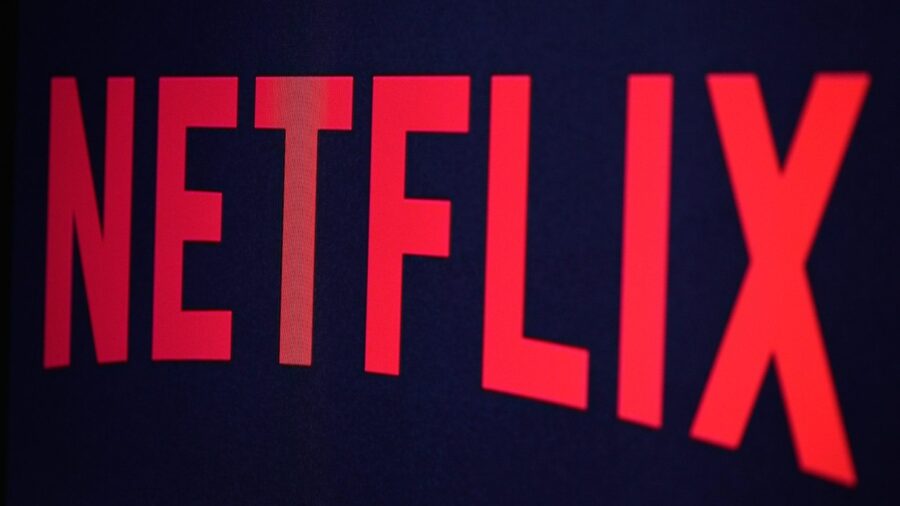
Netflix released the fourth season of The Crown to immediate controversy in the U.K. Now, the culture secretary, Oliver Dowden, has written a letter asking Netflix to add a disclaimer to make sure viewers understand the series depicting the royal family is fiction. Netflix has said no.
“We have always presented The Crown as a drama,” Netflix told Deadline. “We have every confidence our members understand it’s a work of fiction that’s broadly based on historical events. As a result we have no plans – and see no need – to add a disclaimer.”
The latest season follows the royal family beginning in 1980. This means the events in Netflix’s hit series are a lot more recent than the prior three seasons. While the show covers many events and characters, one of the main issues covered throughout the new season is Prince Charles courting, marrying, and then cheating on Princess Diana.
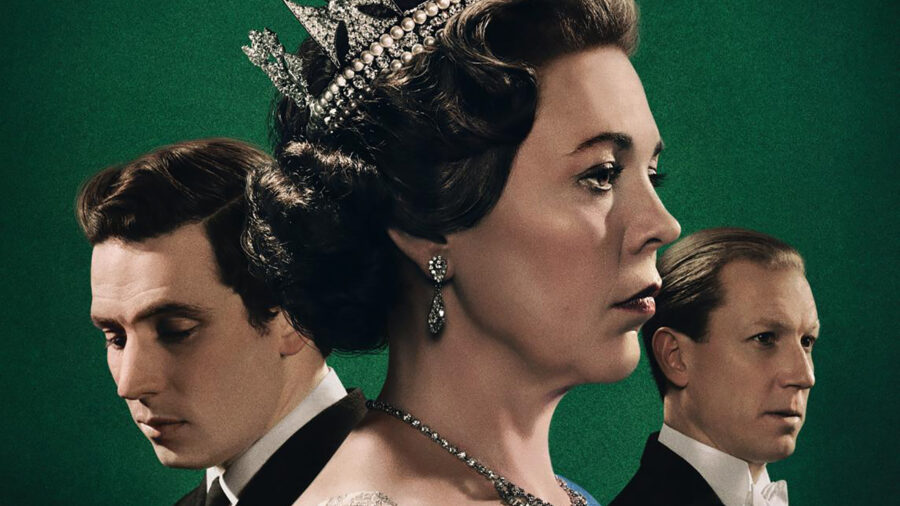
Historical inaccuracies for events that happen in 1910 have fewer implications for modern reputations. Prince Charles will someday be king. His reputation matters to his country. While it may seem like culture secretary Oliver Dowden would be busy focusing on how the arts have been affected during the pandemic, the reputation of the future king is something to think about.
But is it something for Netflix to think about? Would a disclaimer matter? Moreover, what is fair when it comes to historical fiction? Does the fact that many of the fictional show’s characters are still alive play into what is considered fair play? Does Netflix have a moral obligation to warn the audience that while some pieces of their show are historically accurate, others are not?
On one hand, the team behind The Crown has gone to great lengths to create realistic set designs and costumes. They’ve put together a cast that closely resembles the real figures. So much of the show is historically accurate. The program’s plot pulls from reality, loosely, but has largely taken as many creative liberties as they’d like. If the audience wants to know what actually happened in the real world, it’s up to them to do their research to discover that for themselves.
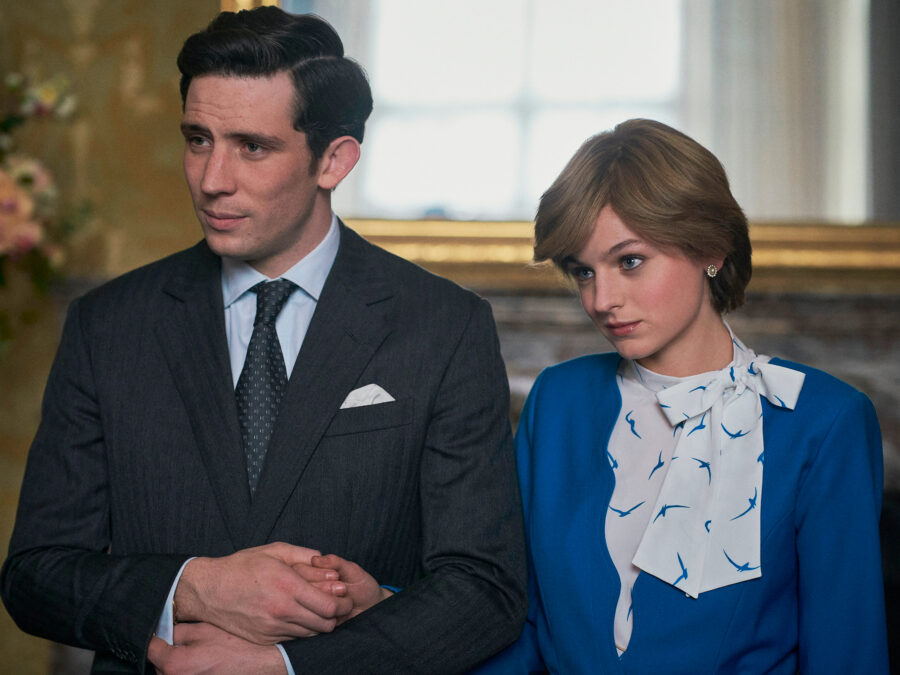
While the Conservative culture secretary may be at odds with Netflix, he isn’t necessarily alone. Opinion pieces have been published accusing the series of a “cowardly abuse of artistic license”. When events are so recent, tempers are bound to burn hotter.
Peter Morgan, the lead writer for The Crown, has said, “We do our very, very best to get it right, but sometimes I have to conflate [incidents] . . . You sometimes have to forsake accuracy, but you must never forsake truth.” Of course, his critics would argue that this “truth” is from his own perspective. Is he writing the “truth” of how these characters felt at the time? Of the political ramifications of events? In historical fiction, particularly historical fiction that happened so recently, how important is the truth?
Naturally, asking Netflix to add a disclaimer at the beginning of each episode doesn’t change that the show is full of historical inaccuracies. It just tells an audience watching a fictional TV show that they are watching a fictional TV show.
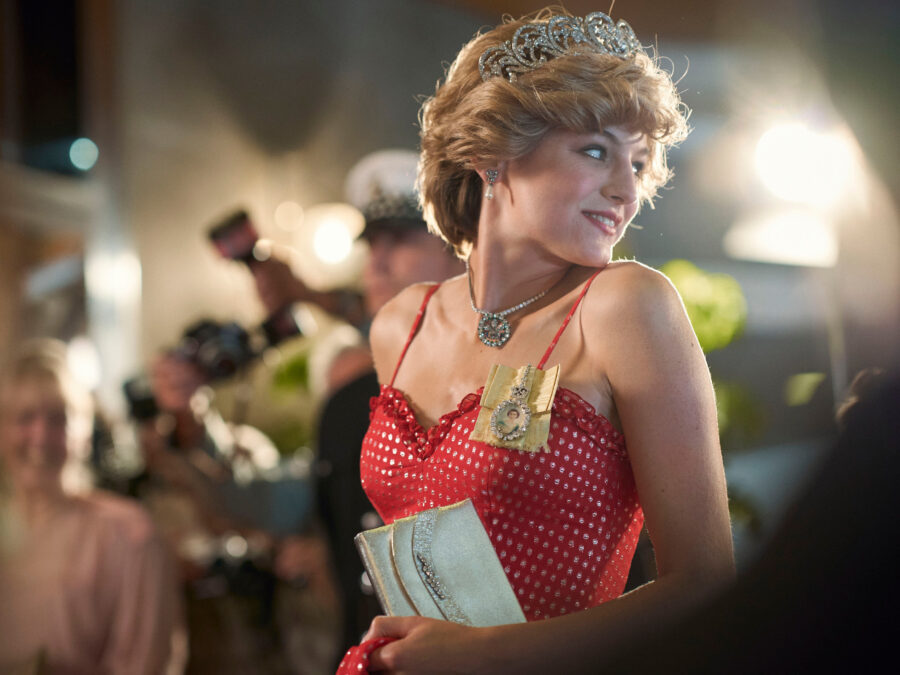
This raises an important question: what should disclaimers be used for? And is it Netflix’s problem if, as Oliver Dowden fears, “a generation of viewers who did not live through these events may mistake fiction for fact.”?


